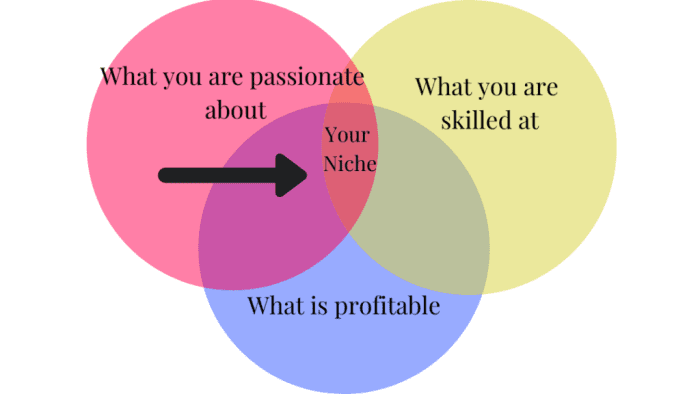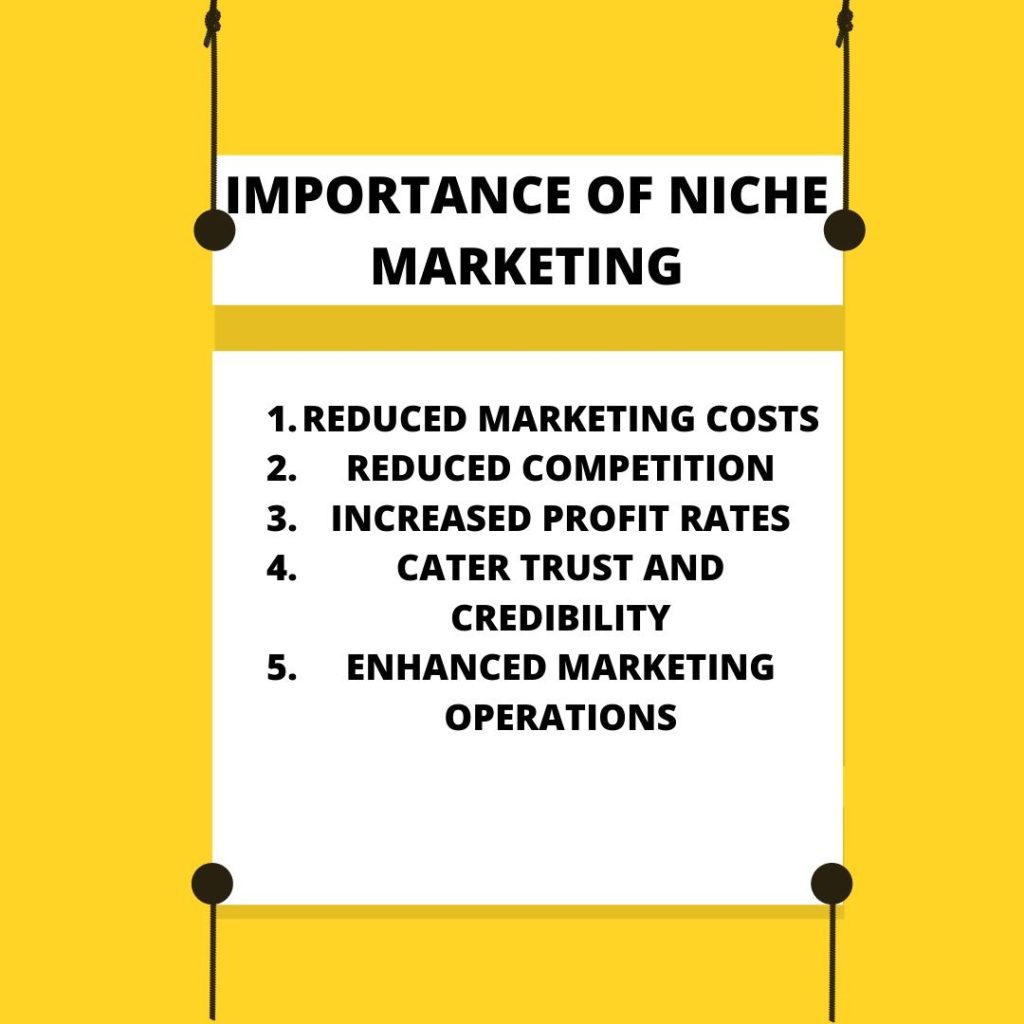If you’re thinking about starting a niche website, you must wonder how profitable are niche sites and why to choose a specific niche.
Millions of people widely use the niche site method. It is an approach to website creation that establishes authority and can bring a substantial ROI.
In this article, we will go through some of the factors that impact the profitability of these sites and what you need to know before starting your own niche site.

Source: womenmarketingonline.com
How Profitable Are Niche Sites?
Considering several factors, some niche sites can make several hundred dollars a month, while others can earn over six or seven figures a year.
These factors include:
- The chosen niche
- How broad or narrow the niche is
- How well-targeted and executed the content and marketing strategies are
Other elements that influence the profitability of a niche site can include the web hosting service, the CMS, marketing tools, or outsourcing content creation.
If you’re not sure about the profitability of niche sites and are interested in exploring the potential, you can check out our SEO packages for getting a DFY affiliate website, which can provide you with a ready-to-go platform to tap into the profitability of niche sites.
Let’s look at each of these factors in more detail.
What Makes Niche Sites Profitable?
As mentioned above, a niche site can be profitable depending on multiple factors.
These factors determine how the niche website performs and how much traffic it drives, ultimately leading to a profit.
The chosen niche
The starting point of building a niche website is choosing the right niche.
A niche is a part or segment of the market targeted with a specific audience or clients in mind. It helps you avoid strong competition and attract the attention of specific buyer persona clients.
But not all niches are created equal. While many of them can be highly profitable, some simply aren’t worth targeting.
Which niches are worth targeting and which aren’t depends on factors like competitor saturation, audience interest, market share, etc.
Some of the most lucrative niches that can turn investment into profit include:
- Health and fitness
- Finance and investments
- Food and recipes
- Self-care and personal development
- Blogging
- Digital marketing
- Pets
- Hobbies and DIY
On the other hand, some of the niches to avoid include:
- Jewelry
- Electronics
- Clothing
- Health products
- Copyright and trademark products
How broad or narrow the niche is
There are many opinions when it comes to the subject of how broad or narrow a niche should be.
It all depends on the specific niche and the number of topics you can cover.
If you go for a broad niche, like “camping,” you must write thousands of articles before Google or other search engines see your site as an authority. This will take months or even years to achieve.
On the other hand, a narrow niche like “outdoor gear for survival” will only give you a set number of topics you can cover. As a result, you will have low traffic to your site, which will not lead to large profits in the long term.
A profitable niche will be neither too broad nor too narrow and provide an almost never-ending supply of content topics to write about.
Taking the above-mentioned camping example, a profitable niche to target here would be “camping gear.”
How the content and marketing strategies are executed
This is one of the most important parts of building a profitable niche site.
Well-thought-off and executed content and marketing strategies are essential if you want your niche site to start generating profits as soon as possible.
The content strategy
Successful and profitable niche sites often offer valuable and unique content.
Content is one of the cornerstones of any website, so having a clear content strategy from the start will drive both traffic and profits.
This is where topical authority comes in. Topical authority lets you cover most of the important aspects of your niche in detail through content.
By establishing topical authority and publishing articles that cover your niche in-depth, your website will become an authoritative source of information.
Search engines like Google will rank it higher in the SERPs, and it will bring organic traffic and profits quicker and easier.
You Might Be Interested: How to Do Keyword Research for Niche Sites
The marketing strategy
The marketing strategy is closely related to the content strategy.
When we say marketing strategy, we mean ways to promote your niche site and optimize it to be visible to users and search engines.
So a well-thought-off marketing strategy often involves planning things like:
- SEO optimization
- Social media promotion
- Ads
- Affiliate marketing
All of these elements play a role in how profitable niche sites are.

Source: affilimate.com
Other factors that affect the profitability of a niche site
Other factors can also impact how profitable are niche sites, including:
- The marketing tools
- The web hosting and CMS
- The outsourcing of content creation
Marketing tools play a huge role in the success of any site. Tools like Semrush or Ahrefs are mandatory for running a website today.
But not everyone can afford them as they are expensive tools. Using cheaper variants may result in a niche website evolving poorly and not driving traffic, ultimately wasting time.
Web hosting and CMS are other factors that affect the profitability of a website.
For example, a website hosted on a cheaper and unreliable hosting platform will often crash, resulting in lost traffic and revenue.
The same is also true when using a cheaper or custom CMS.
Outsourcing content creation is also a factor that contributes to the rate at which a niche site develops.
If you create all the content yourself, the site will need more time to develop and generate revenue. This is a cheaper but time-consuming option.
On the other hand, outsourcing the content creation to a dedicated team will scale the site faster, and you will start seeing profits much sooner. However, hiring a team to create the content is an additional investment you must consider.
Conclusion
Building a website is a complicated process that involves multiple planning stages.
One of those stages is choosing the right niche, which will dictate the tempo at which a website develops. This will also determine how profitable a niche website will be in the long run.
What do you think? How profitable are niche sites, and what is your experience with them? Are they a worthy investment, or are they an obsolete approach to website building?
Let us know in the comment section
